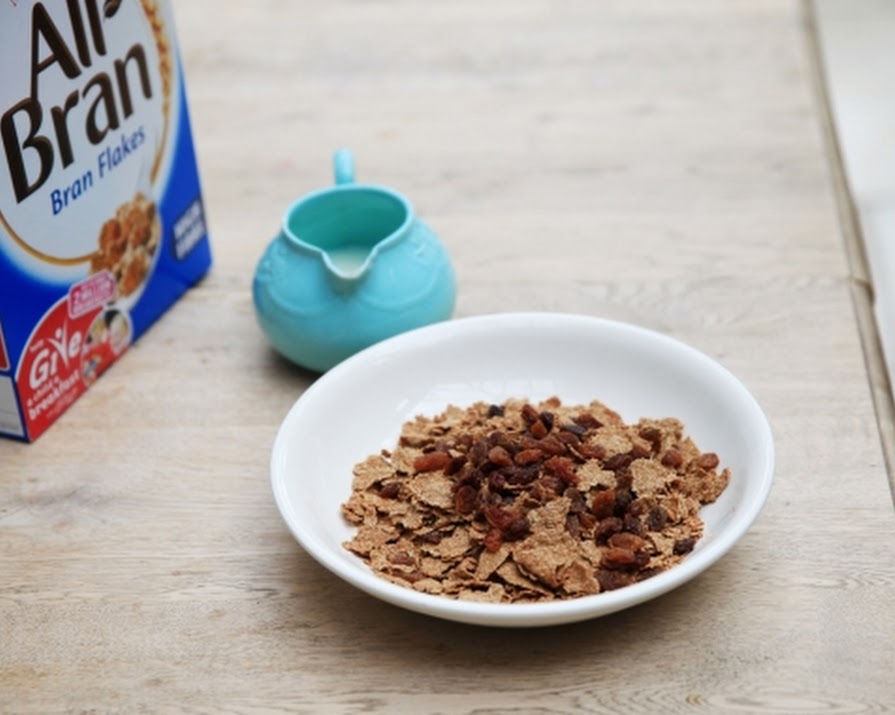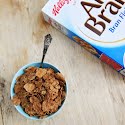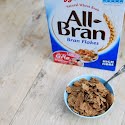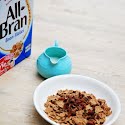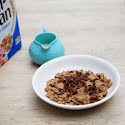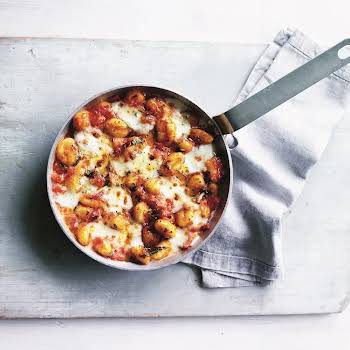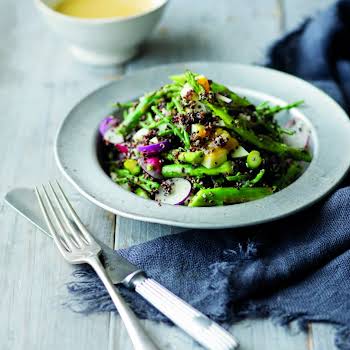
By IMAGE
11th Jun 2014
11th Jun 2014
All Bran Bran Flakes
I’ve become quite fond of my new breakfast routine by today. I’m finding that eating All-Bran (today with natural yoghurt and blueberries) is a good start to my day and making sure that I’m eating breakfast seems to stop me looking for a pick-me-up sweet treat at 11am. I have learnt that fibre in the diet is key in the digestion of everything we eat. Unlike other essential nutrients we ingest, fibre is not digested; instead it acts as a lubricant to help make sure that everything else is. So although it passes through the gut mainly unchanged, it is vital to help the expulsion of other things we don’t need, by acting as almost a ?blotting paper?, and absorbing toxins that are destined to pass along the digestive tract.
Dr Ciara Kelly says that we should aim to get 25g of fibre per day but that many of us fall very short, getting only 18/19g at most if we’re lucky.
The Kellogg’s All-Bran range provides between 2.7g and 11g of fibre per serving, which is up to 43% of the recommended intake (and in addition, the cereals are also an important source of folic acid, B-vitamins and iron).
Personally, I’m wondering how to up my fibre in my overall diet too by making better dietary choices with all my meals. Here are a few guidelines on what to do?
- Start your day with a cereal high in natural wheat bran fibre, such as Kellogg’s All-Bran.
- Go for brown rice or whole-wheat pasta instead of the white varieties – or try a 50:50 mix.
- Opt for a handful of nuts or fruit instead of crisps, snack bars or biscuits.
- Switch from white bread to whole meal, seeded or another high-fibre variety.
- Make sure you’re eating at least five servings of fruit and vegetables every day.
- Add peas, beans or lentils to stews and casseroles.
- Add extra vegetables when making meat sauce for lasagne, curries, chilli etc
- Choose wholemeal, oat or rye crackers instead of your usual variety.











